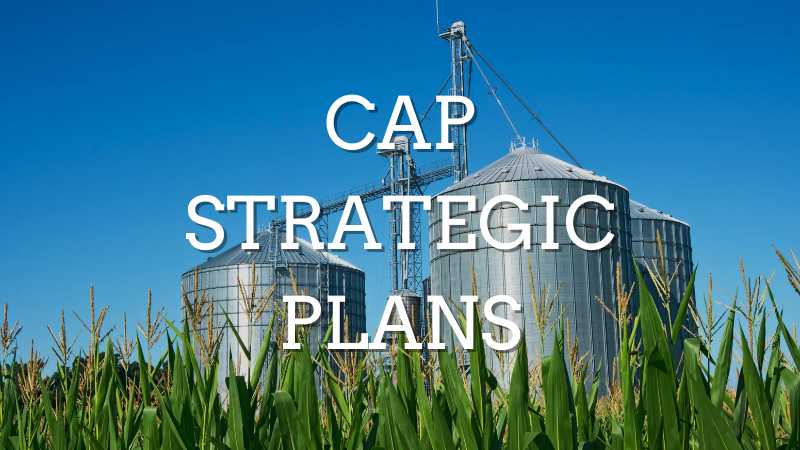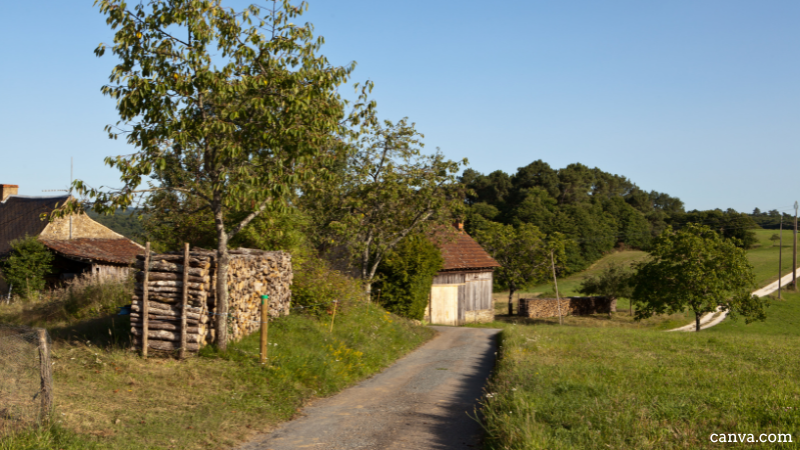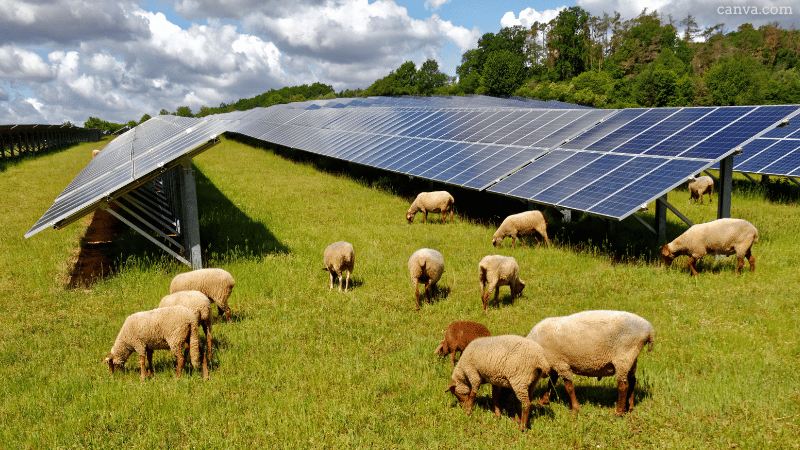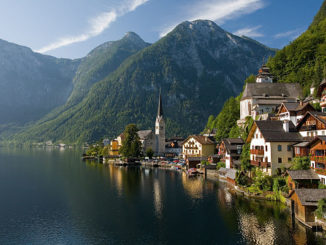
By Matteo Metta and Mathieu Willard
The project CAP Strategic Plans co-organised by ARC2020 with the Good Food Good Farming network is now completing its fourth year since its launch in 2020. 2023 can be seen as the end of a policy reform cycle and beginning of a new one for the Common Agricultural Policy, aka CAP. Just recently, the Commission published its main takeaways and conclusions on the joint effort and collective ambition of the CAP Strategic Plans 2023-2027 (CSPs). Not surprisingly, the Commission sees and portrays the approved plans as “collectively moving towards higher level of ambition. There are accompanying well-funded ways to spread this news, regardless of reform failures and untouched inequalities.
This report “CAP Strategic Plans: stuck in silos” produced by ARC2020.eu presents critical and constructive thinking on CAP, which in our view, is in fact very far away from reaching higher level of ambition. Stuck in silos is an invitation to critically appraise the substance and directions of the CAP Strategic Plans also in light of the relevant legislations and practices deeply interconnected with CAP (e.g., state aid, sustainable food systems, nature restoration, chemical pesticides and herbicides, seeds and GMO, animal welfare, trade). From an integrated agri-food and rural perspective, responsible policy makers overlook legal loopholes, derogations, monitoring flaws, wider deregulations in agri-food laws, and poor CAP policy integration with related legislations (seeds, food, nature, pesticides) in the name of ‘security’, ‘sustainability’, ‘simplification’, or ‘modernisation’.
These systematic drawbacks cannot be just footnotes in yet another DG AGRI’s report concerned mainly with making much of positivist claims and political overtones. Critical elements represent essential points for objective assessments and coherent policy perspectives. After all, it is in the interest of everyone to elevate the CAP to higher sustainability performance: and while a coherent approach is not always easy, it is the only way to go.

The report ‘CAP stuck in silos’ is one hand a recollection of the 15 policy analyses published in 2023 by ARC2020 and available online. On the other hand, it is an invitation for responsible policy makers to openly acknowledge policy shortcomings and incoherences, to aid in seeking solutions to effectively align CAP promises to existing realities. To learn more about how many evolutions came to shape the current CAP, readers can consult the free-to-download reports of the three previous editions of the CAP Strategic Plans project:
- Project Year 2020: CAP Reform Post 2020: Lost in Ambition?
- Project Year 2021: CAP Strategic Plans: Lost in Details?
- Project Year 2022: CAP Strategic Plans: Reforming the CAP in wartime
Without the cooperation with committed actors at different levels of agri-food and rural policies and practices, this action-research project would have not been possible. ARC2020 cannot express enough gratitude for your support.

What to look for in 2024?
Taking a critical look at the CAP should not divert us from the fact that it is still time to make changes in it. First, there are still many opportunities to change this CAP programming from within, as we’ve explained in last year’s report (p.7). Here transparency for the changes and their justifications will be key. Especially for the uptake of eco-schemes, there is great amount of work for adjusting their design or building capacity through good practices’ networks and guidelines.
But some eyes are already turning towards the CAP-post 2027. Although Member States are still troubleshooting the CAP’s implementation and have no intention to start discussing the next arrangements, DG AGRI’s is already preparing the ground for the next CAP reform in the form of strategic dialogues and messages like “drawing lessons from the CAP” or “recommendations”.
The European Parliament’ elections in 2024 will set the political landscape for the future of CAP, bearing in mind also the settings of Council determining the Multiannual Financial Framework and the new Commission in place. Furthermore, if overarching strategies like the Farm-to-Fork or Biodiversity Strategies are scrapped or emptied out, the CAP consistency with wider EU sustainability objectives might be undermined from the outset.
While it may appear premature to discuss the next CAP already, it is crucial to note that the implementation of the current CAP was significantly delayed. Initially slated for 2020, it has only been fully executed by the end of 2023. And with elections coming up, this Commission’s last words will certainly feature the CAP. In order to go into 2024 with a clear view, here are the main CAP milestones for 2024.
| Timing | CAP Milestones |
| November 2023 | Commission’s summary report of Member States’ CAP Strategic Plans: analysis of Member States collective ambition to address joint Green Deal efforts and CAP objectives. |
| End 2023 | Informal discussions on CAP post-2027. |
| 2024 | First Annual Performance Report from Member States (implementing act explaining the required content) |
| 2 months later | Annual Review Meeting between Commission and Member States |
| 2024 (before elections) | Official public consultation/debate on CAP post 2027 |
| June 2024 | EU Elections |
| December 2024 | Ex-post evaluations of Rural Development Programmes 2014-2020 |
| 2024 | Yearly CAP amendment opportunity |
| 2025 | According to this SHERPA Horizon 2020 project, the Commission should publish a regulatory proposal for the CAP post 2027 |
| 2025 | First biennial performance review of each CAP Strategic Plan 2023-2027 |
Table 1: CAP Milestones (sources: aeidl)
Download the report as a PDF
 This article is produced in cooperation with the
This article is produced in cooperation with the
Heinrich Böll Stiftung European Union.
More on CAP Strategic Plans
A Sustainable Food System Law Paving the Way for an Ambitious CAP Reform
Impact of CAP Beyond the EU – A Closer Look on Soya Imports and Milk Product Exports
French CAP Strategic Plan : EU Sued over Approval of the Plan
“A Fairer CAP”, Really? | Analysing Fairwashing in CAP Talks and Practices
CAP Environmental Derogations: What is the Impact on Food Security?
CAP post-2027: An Integrated Rural and Agricultural Policy – Part 2
CAP post-2027: An Integrated Rural and Agricultural Policy – Part 1
Can the CAP Strategic Plans Help in Reaching our Pesticide Reduction Goals?
Wallonia’s Observation Letter: A plan that fails to address climate and biodiversity crises
CAP Strategic Plans and Food Security: Fallow Lands, Feeds, and Transitioning the Livestock Industry
A Just and Green CAP and Trade Policy in and Beyond the EU – Part 2
A Just and Green CAP and Trade Policy in and Beyond the EU: Part 1
Bulgaria’s CAP Strategic Plan: Backsliding on Nature and Biodiversity
Changes “required” to Ireland’s CAP Strategic Plan – European Commission
French CAP Plan: What Opportunities for Change During the New 2022-27 Presidential Term?
CAP, Fairness and the Merits of a Unique Beneficiary Code – Matteo Metta on Ireland’s Draft Plan
ARC Launches New Report on CAP as Member States Submit Strategic Plans
Slashing Space for Nature? Ireland Backsliding on CAP basics
Quality Schemes – Who Benefits? Central America, Coffee and the EU
Civil Society Organisations Demand Open and Ambitious Approval of CAP Plans
CAP Strategic Plans: Germany Taking Steps in the Right Direction?
CAP Strategic Plans: Support to High-Nature-Value Farming in Bulgaria
Commission’s Recommendations to CAP Strategic Plans: Glitters or Gold?
German Environment Ministry Proposals For CAP Green Architecture
CAP Performance Monitoring and Evaluation Framework – EP Position
A Rural Proofed CAP post 2020? – Analysis of the European Parliament’s Position
CAP Beyond the EU: The Case of Honduran Banana Supply Chains
CAP | Parliament’s Political Groups Make Moves as Committee System Breaks Down
CAP & the Global South: National Strategic Plans – a Step Backwards?
CAP Strategic Plans on Climate, Environment – Ever Decreasing Circles
European Green Deal | Revving Up For CAP Reform, Or More Hot Air?
Climate and environmentally ambitious CAP Strategic Plans: Based on what exactly?
How Transparent and Inclusive is the Design Process of the National CAP Strategic Plans?





